2014 in review: where was God in a dark year?
It's common practice in review of the year articles to open with a few superlatives about What A Year It's Been. The world turns fast (not a scientific statement), and a huge amount happens in the space of one month, let alone 12, and so each December we're struck by the feeling that this year particularly, we've seen more history made than in a usual year.
That said, 2014 has been quite an extraordinary year, and perhaps for all the wrong reasons. Since January we've seen a relentless series of disastrous events taking place all around the world - stories of rising evil, of natural disaster and rampaging disease, of death and personal tragedy. While some years, 2012 for example, are defined by optimism, 2014 was not. If we distil it to simplistic terms, this was a year when we became acutely aware of the darkness in our world.
January: Ebola in West Africa
This deadly tragedy began to unfold at the very beginning of the year - and 12 months later the world is no closer to bringing Africa's Ebola outbreak under control. The worst outbreak of the disease in recorded history has so far claimed an estimated 8,000 lives (source: WHO), beginning in Guinea, and spreading to Sierra Leone, Liberia and more.
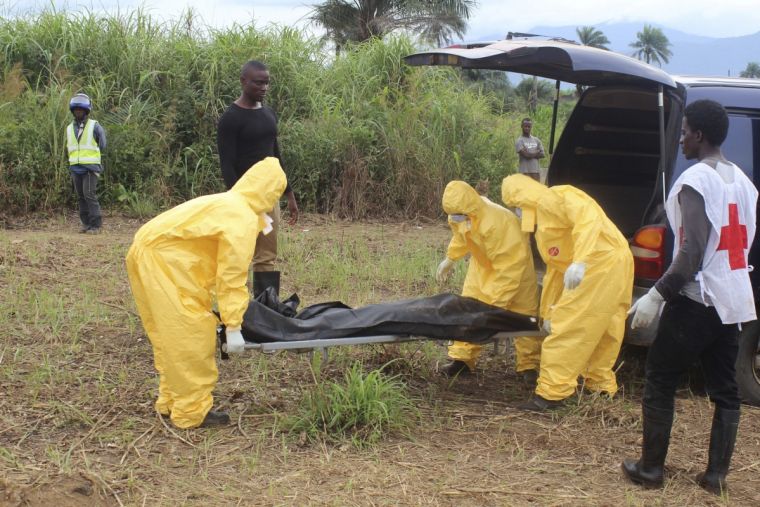
February: Unrest in Ukraine
Towards the end of February, the civil unrest in Ukraine that had been bubbling for months hit fever pitch, leading to the Ukrainian parliament voting to remove their President from office. Violent protests among pro-Russian contingents in Kiev and other major cities enabled Russia to flex its muscles; the world looked on and held its collective breath as Vladimir Putin effectively grabbed Crimea back from Ukraine. This caused consternation among the international community, and still casts a long shadow over many nations' relationship with and view of the superpower.
March: Flight 370 disappears
On March 8, a Malaysia Airlines Boeing 777 disappeared over the Gulf of Thailand with 239 people on board. It is still technically classified as 'missing', although it is assumed to have crashed into the sea. At the time of the tragedy, this was the worst accident in the history of the airline and the 777; extraordinarily this was surpassed just 131 days later when, in a totally unrelated incident, another Malaysia Airlines 777, Flight 17, was shot down over Ukraine in July, killing all 298 people on board.
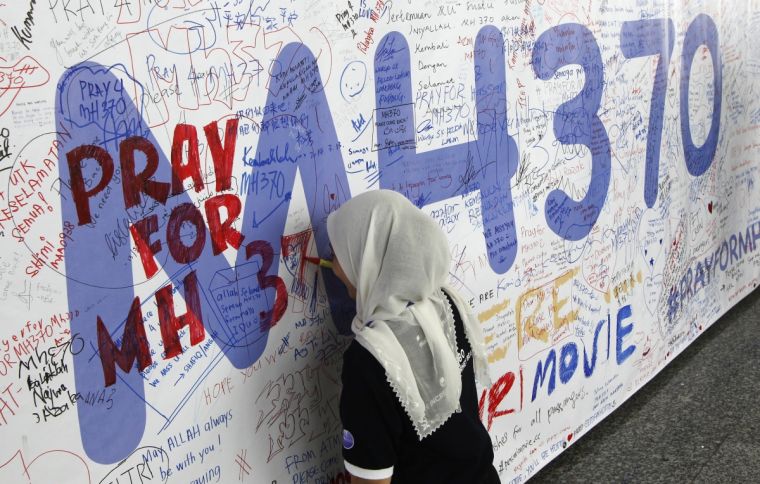
April: Boko Haram seize 276 schoolgirls
The name of the terrorist organisation Boko Haram literally means 'Western Education is sinful'. On April 14, the group abducted an estimated 276 schoolgirls, many of them from Christian families, from a school in Chibok, Nigeria. International uproar followed, most famously in the shape of the #bringbackourgirls social media campaign which saw celebrities and states-people rally in support of the missing girls - but aside from a few escapees, and despite several false claims of release, the majority of the girls remain captive.
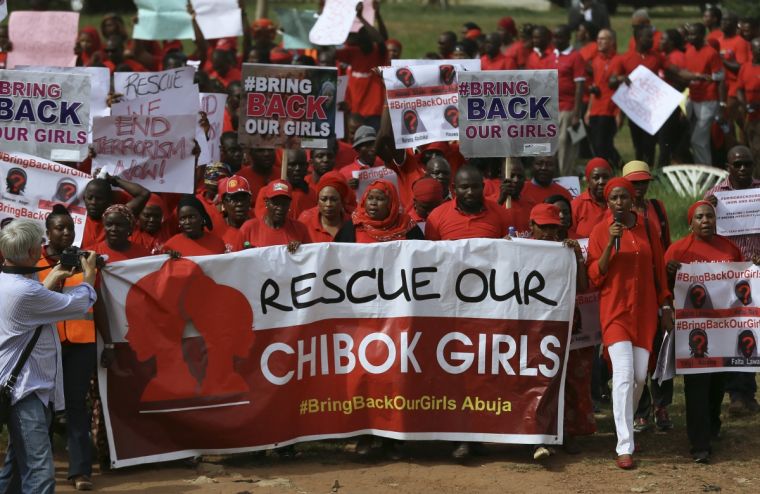
May: Soma mine disaster
A total of 301 men were killed underground after an explosion at the Soma coal mine in the Turkish city of Manisa - the worst mining accident in the country's history. Miners had protested the dangerous conditions in the mine at the end of 2013, while a demand from the opposition party to have the safety of the mine investigated was rejected in Turkey's parliament by the ruling party, just a few weeks before the disaster.
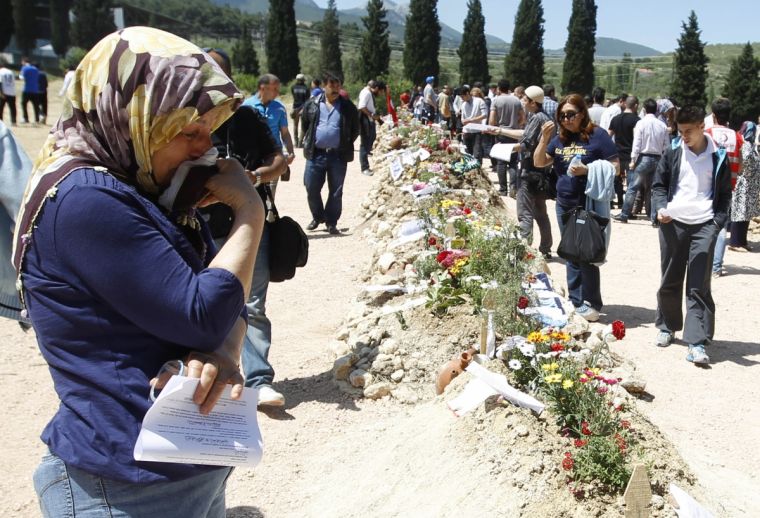
June: IS rising
Perhaps the most ominous story in global news in 2014 has been the rise of Islamic State, the radical Sunni Islamist group which has captured vast amounts of territory in both Syria and Iraq. The group caught the world's attention with its heavily reported activities in the Northern Iraqi city of Mosul, where 'vicar of Baghdad' Canon Andrew White claimed Christians were facing the prospect of either death or forced conversion to Islam. In subsequent months the group achieved further notoriety by kidnapping Western hostages and releasing video recordings of their beheadings - including that of British aid worker Alan Henning.
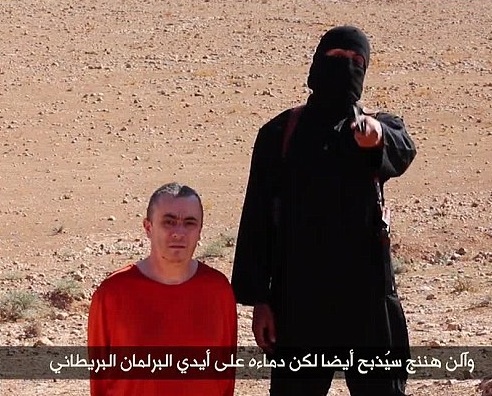
July: Conflict in Gaza escalates again
Israel and Hamas were engaged in bloody conflict throughout the summer, after the latter abducted and killed three Israeli teenagers. Retaliation spawned increased retaliation as each side bombarded the other (although Israel is able to wield significantly more military might, and can defend itself much more effectively). The Israeli Defence Force's Operation 'Protective Edge' included a seven-week ground campaign against Hamas, which left more than 2,000 Palestinians dead.
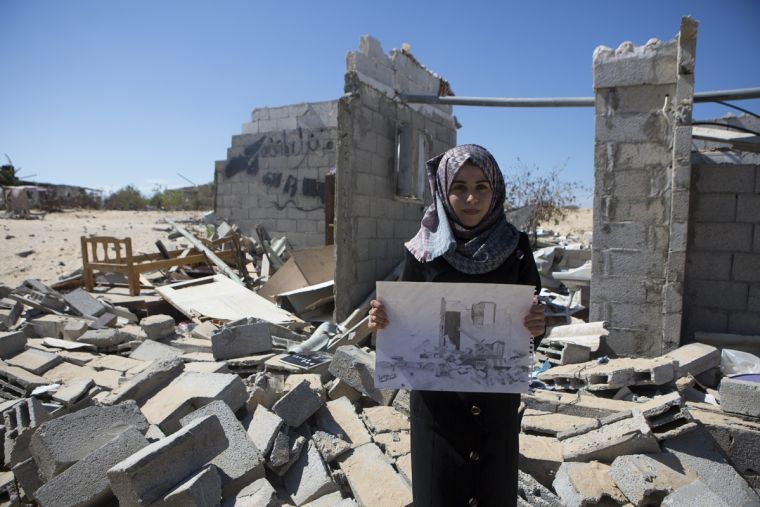
August: Shooting of Michael Brown in Ferguson
The death of Michael Brown - an unarmed black teenager shot by police on August 9 - became the catalyst for both peaceful protests and violent unrest. The incident underlined America's dim history of similar deaths, often involving young black men, and the often apparently indifferent reactions of the police. Ferguson became a unifying symbol of continued inequality in the US - and a rallying call for change.
September: Scotland votes 'No'
Despite the best efforts of Alex Salmond and the Yes campaign, Scotland decided that it would use its big shot at independence to politely decline - an appropriately British thing to do. There were heated televised debates; impassioned pleas from the likes of Andy Murray and JK Rowling, but in the end, 55 per cent of voters chose that Scotland would remain part of the United Kingdom. Salmond fell on his political sword shortly afterwards.
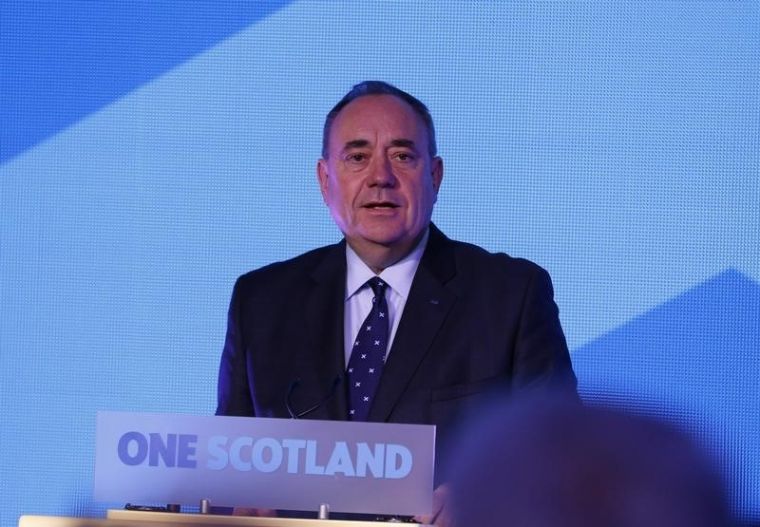
October: US/British troops withdraw from Afghanistan
13 years after their invasion and assault on the Taliban, British and American forces officially withdrew from Afghanistan on 26 October, handing over their final bases in Helmand province to local forces. Unlike similar operations in Iraq, which remains hugely destabilised, there is some optimism for Afghanistan, which has seen recent peace talks between the Afghan government and the Taliban.
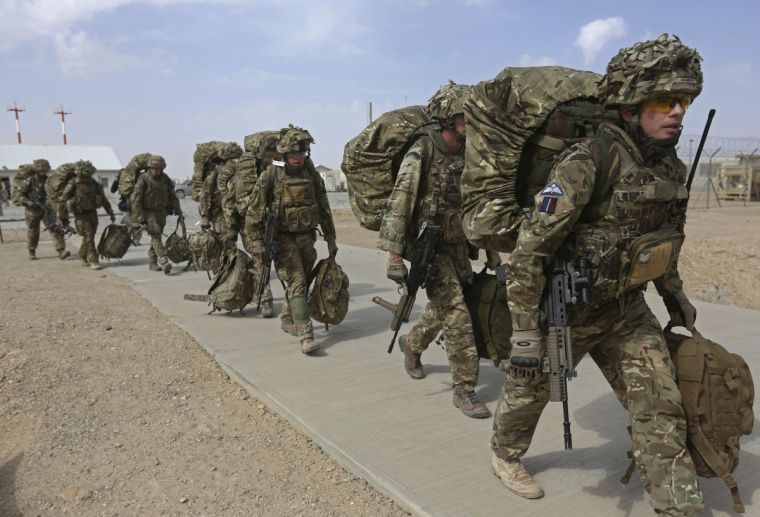
November: Rosetta mission successful...
...or at least, it was partly successful. After 10 years of space travel and decades of planning, the European Space Agency successfully landed a small robotic craft on the surface of a comet - a world (and indeed universe) first. Unfortunately, the Philae lander got into some difficulty shortly after landing, and is thought to have become lodged in an overshadowed area where its solar panels can't recharge - it may be lost forever.

December: Peshawar massacre
On December 16, a terrorist attack on the Army public school in Peshawar, Pakistan saw the murder of 145 people - 132 of them schoolchildren aged between 8 and 18. The atrocity was committed by the Pakistani Taliban, who claimed responsibility and said that it had targeted the 'sons of important army officers'. The terrorists had claimed to turn the attack into a further siege, with approximately 1,100 pupils and staff in the school at the time, but they were overpowered and killed by the armed forces.
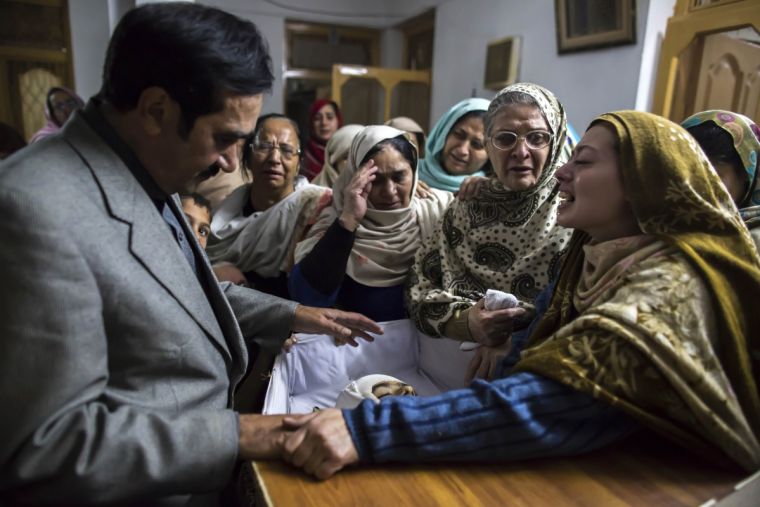
Of course I've not even had time to mention Oscar Pistorius, found guilty of the culpable homicide of Reeva Steenkamp in September, or Syria, which has seen a steady stream of horrors throughout the year. I've deliberately chosen not to mention more superficial events such as the FIFA World Cup, won by Germany, and I've had no space to record the many notable deaths of the year, tragically including comedian Robin Williams, who took his own life in August.
So where was God in the midst of all of this... mess? It's a simplistic question of course, and I won't try to give it a trite answer. I can only reflect on the fact that in so many of these tragic situations, His people were present and active - from doctors and nurses risking their lives to fight ebola, to clergy defying IS in Iraq and pastors leading vigils in Ferguson. John 1:5 says: 'The Light shines in the darkness, and the darkness has not overcome it.' For many, 2014 was a year when the darkness came pretty close to extinguishing the light - but even in the darkest of places, it seems he was present through the hands and feet of those who follow him.
So many of these tragic stories are far from over. IS are still on the move, as are the Taliban; unrest remains in Gaza, Ukraine, Syria and even America. As 2015 begins, I for one feel moved to pray - that God would be even more present, through the miraculous and the mundane. Perhaps when we come to define next year, we shall do so not through darkness, but through light.
Martin Saunders is an author, screenwriter and the Deputy CEO of Youthscape. Follow him on Twitter @martinsaunders











